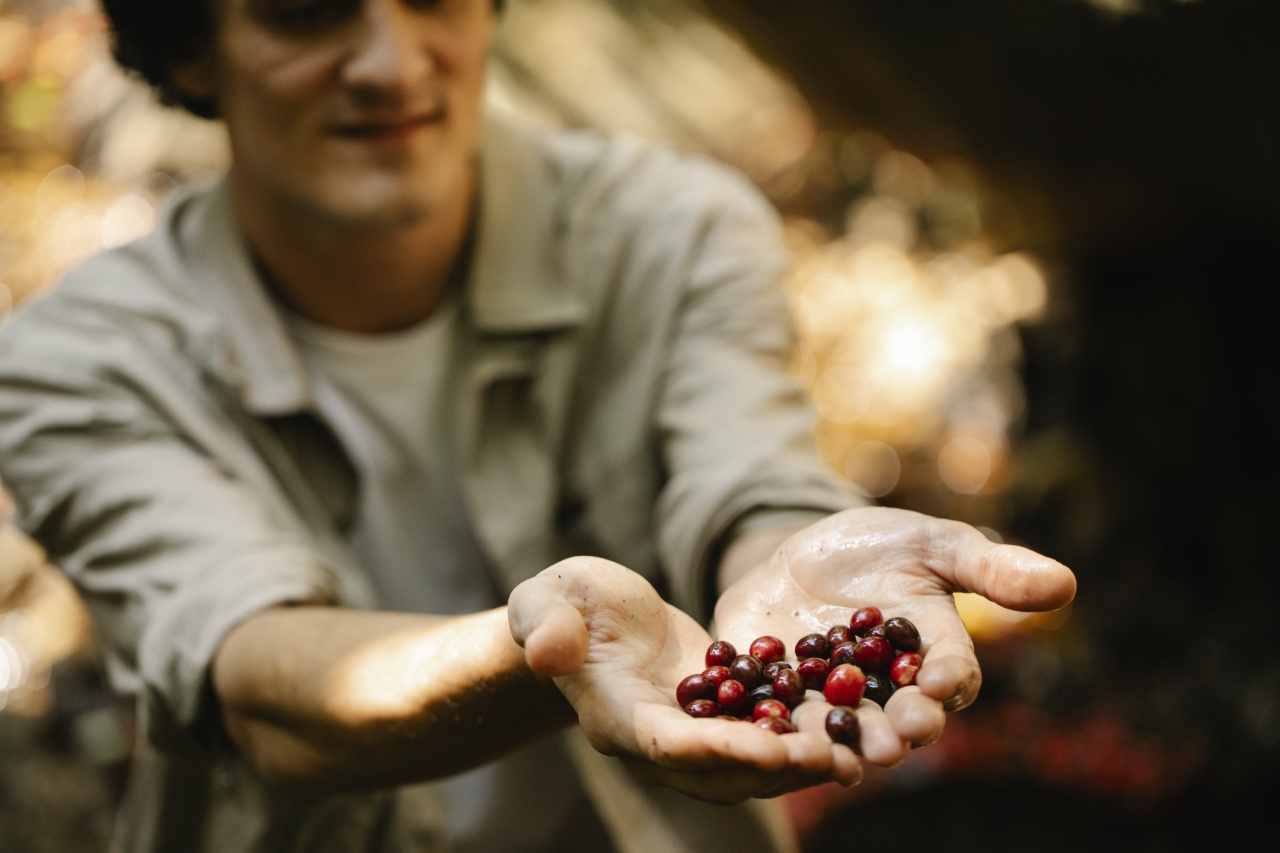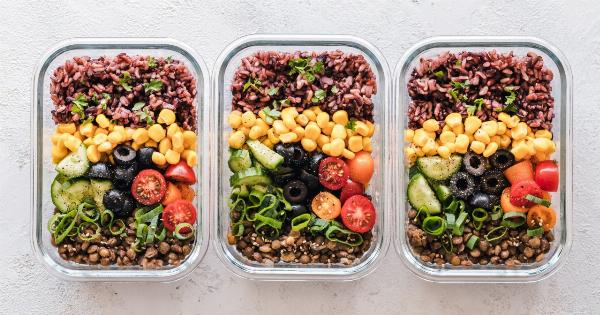Organic products have gained significant popularity in recent years, mainly due to their perceived benefits in terms of health and environmental impact. Many consumers opt for organic foods, believing them to be more nutritious and safer.
However, there has been ongoing debate and skepticism surrounding these claims.
The Organic vs. Conventional Debate
For decades, the organic vs. conventional debate has revolved around several aspects, including farming practices, pesticide use, and the nutritional value of the produce.
Critics argue that the nutritional differences between organic and conventional foods may be negligible, while proponents contend that organic products offer superior nutritional content.
What Makes Organic Food Different?
Organic farming is a holistic approach that prioritizes environmental sustainability, biodiversity, and animal welfare. It avoids the use of synthetic pesticides, fertilizers, genetically modified organisms (GMOs), and antibiotics.
Instead, organic farmers rely on natural techniques like crop rotation, composting, and biological pest control.
Conventional farming, on the other hand, aims to improve crop yields and minimize losses through the use of synthetic chemicals, such as pesticides and fertilizers.
It often involves monocultures, where a single crop is grown over extensive areas, which can deplete soil nutrients and disrupt ecosystems.
The Role of Soil Health in Nutritional Content
The health of the soil in which crops are grown plays a crucial role in determining their nutritional content.
Organic farming practices focus on building and maintaining soil health through the use of organic matter, cover crops, and beneficial soil organisms.
Studies have shown that organic farming methods enhance soil fertility and promote the growth of beneficial microorganisms.
These microorganisms help plants access essential nutrients, aiding in their uptake and subsequent transfer to the final produce.
Conventional farming, on the other hand, may lead to soil degradation due to the excessive use of synthetic inputs. This degradation can result in reduced soil fertility and decreased nutrient availability for plants.
Scientific Analysis of Nutritional Content
Over the years, numerous scientific studies have examined the nutritional differences between organic and conventional produce. While results have been mixed, recent research has provided more compelling evidence in favor of organic products.
A meta-analysis published in the British Journal of Nutrition analyzed 343 studies and reported that organic crops contained higher levels of certain nutrients, including vitamin C, iron, magnesium, and phosphorus compared to their conventionally-grown counterparts.
Another study published in the Journal of Agricultural and Food Chemistry found that organic strawberries had significantly higher levels of antioxidants and vitamin C compared to conventionally-grown strawberries.
Additionally, research conducted by Newcastle University in the United Kingdom concluded that organic milk and meat contain around 50% more beneficial omega-3 fatty acids compared to conventionally-produced counterparts.
Omega-3 fatty acids are essential for heart health and have been linked to numerous other health benefits.
The Impact of Pesticide Residues
Pesticide residues are a major concern associated with conventional farming. While pesticides play a crucial role in protecting crops from pests and diseases, excessive and prolonged exposure to these chemicals may have adverse effects on human health.
A study published in the journal Environmental Health Perspectives found that children who consumed predominantly organic foods had lower pesticide exposure compared to those who consumed conventional foods.
The study also highlighted that switching to an organic diet significantly reduced pesticide levels in adults within a few days.
Furthermore, an analysis conducted by the European Parliament’s Research Service concluded that organic foods had significantly lower pesticide residues compared to conventionally-grown foods.
This is especially relevant considering the potential long-term effects of pesticide exposure on human health.
The Organic Advantage: A Holistic Approach
One of the most significant advantages of organic farming lies in its holistic approach to food production.
Organic farming practices promote biodiversity, protect ecosystems, and prioritize animal welfare, contributing to a more sustainable and resilient agricultural system.
When it comes to nutritional content, organic products have consistently shown favorable results in various studies.
While the differences may not always be substantial, the higher levels of certain nutrients and lower pesticide residues make organic foods a healthy choice for consumers.
Consumer Choice and Availability
Although organic products offer several potential benefits, it is essential to consider the availability and affordability of organic options. Organic foods are often more expensive due to the higher costs associated with organic farming practices.
However, as consumer demand for organic products continues to grow, more farmers are transitioning to organic methods, leading to increased supply and potentially lower prices in the future.
In the end, the decision to choose organic or conventional products depends on personal beliefs, priorities, and access to affordable options.
Understanding the scientific evidence regarding nutritional content can assist consumers in making informed choices that align with their values and health goals.




























